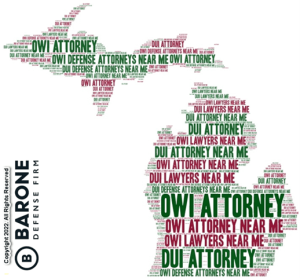Search
How to Get a DUI Expunged in Michigan
Even a single Michigan DUI conviction can cause great hardship. It creates a permanent public record. This can impact employment, insurance, sense of well-being, and many other things. If you want to have your DUI conviction in Michigan expunged, we have good news because expungement of drunk driving convictions has never been allowed in Michigan until recently.
Until recently, Michigan law prohibited anyone from expunging a drunk driving conviction—no matter how long ago it occurred or how clean their record had been since. That meant even a single lapse in judgment could follow you forever. Thankfully, the law has changed. As of 2021, individuals with a first offense OWI or similar drunk driving conviction now have a path to clear their record. If you’ve been living with the weight of a DUI on your criminal record, now may be the first real chance to remove it. But because this opportunity is limited and comes with strict requirements, it’s important to approach it with care—and ideally, with legal guidance from someone who understands the process.
The DUI expungement process is complex, and we recommend that you hire a lawyer to help you. Many of the steps required are covered in another article we wrote entitled, “Can a Michigan DUI Be Expunged.”
 Michigan Criminal Defense Lawyer Blog
Michigan Criminal Defense Lawyer Blog





 What is Proximate Cause?
What is Proximate Cause?